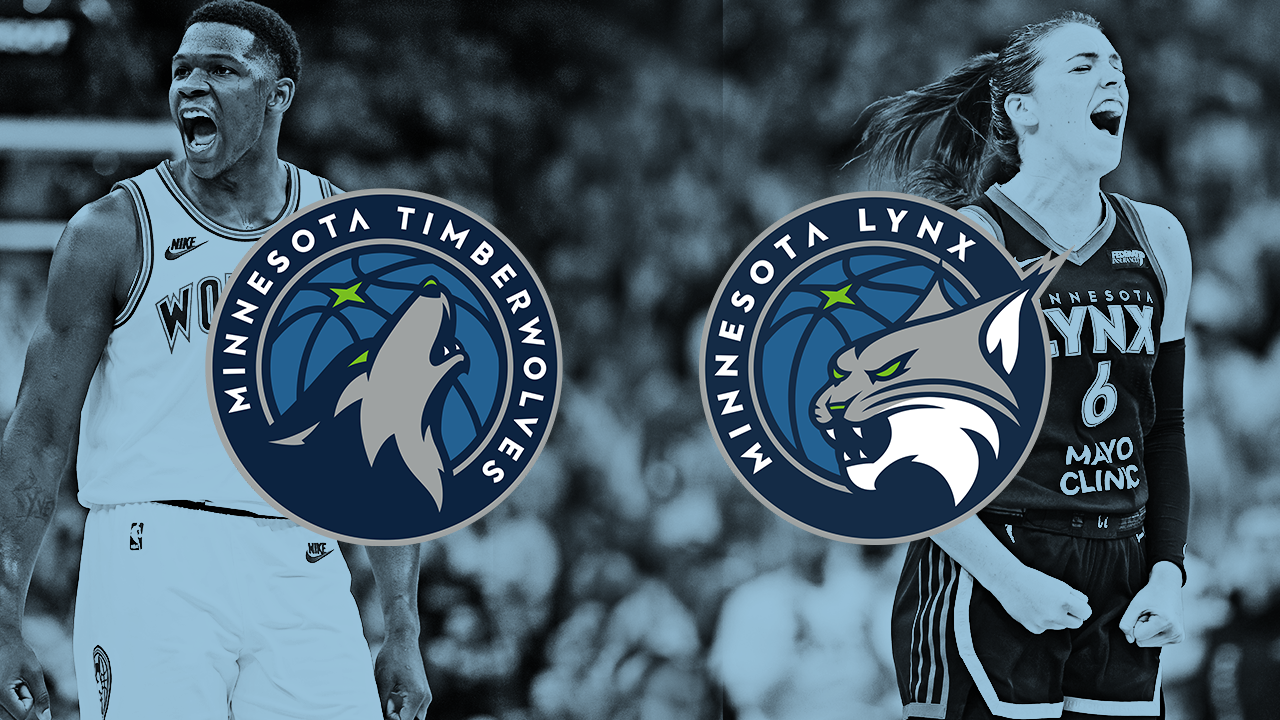
The legal fight over ownership of the Minnesota Timberwolves and Lynx likely won’t be resolved until January, at the earliest, according to multiple people familiar with the ongoing arbitration process.
The legal teams for current owner Glen Taylor and prospective buyers Alex Rodriguez and Marc Lore are scheduled to answer final questions of clarification with the three-person arbitration panel in early January, said the people, who were granted anonymity because the matter is not public. The arbitrators are expected to finalize their opinions after those answers are provided.
A representative for Taylor declined to comment. A representative for the buyers didn’t immediately respond to a request for comment.
Should that timeline play out, it would push the $1.5 billion sale well into its fifth year and the legal dispute into its 10th month. Taylor announced on March 28 that the purchase would be nixed due to violations of the purchase agreement. Lore and Rodriguez were quick to object. A contractually obligated mediation session occurred seven months ago without a resolution, which led the two sides to binding arbitration.
When it comes, the ruling likely won’t immediately settle the ownership of the NBA and WNBA franchises. For one, either side could still petition a federal judge to vacate the arbitration award. This happened in Tom Brady’s “Deflategate” fight with the NFL, where Brady lost the arbitration but then petitioned a federal judge, U.S. District Judge Richard Berman, to vacate the award. Berman sided with Brady against the NFL, which tabled the arbitration and allowed Brady to play the 2015 NFL season without having to serve a four-game suspension. The NFL appealed Berman’s decision to the U.S. Court of Appeals for the Second Circuit, which reversed Berman, and Brady would serve his suspension at the start of the 2016 NFL season.
The loser of the Timberwolves’ arbitration would need to identify a persuasive reason that the arbitration panel erred. Some arguments that have worked in the past include a contention the arbitrators acted outside the authority vested in them by the arbitration clause. For instance, if the arbitrator considered testimony and evidence that were not admissible under the arbitration rules, it could have led them to decide the matter incorrectly. Another argument that can work is that evidence was submitted through improper means, such as the use of trade secrets and confidential materials on subjects that the parties had agreed would not be considered.
To be clear, judges are instructed under the law to review arbitration awards with a high degree of deference, meaning the “loser” of the arbitration would have their work cut out for them in convincing a federal court to vacate the award. The fact that the panel of arbitrators includes three highly accomplished and experienced attorneys would also make a judge less inclined to disturb what the panel decided.
Secondly, should the arbitrators rule in favor of Rodriguez and Lore, the NBA would still need to conduct its approval process, one of the sources said. Though the league did OK the purchase agreement back in 2021, this is the standard, in-depth examination of background and finances for incoming control owners. The already litigious nature of this ownership transaction could make the NBA even more diligent in reviewing the approval process.
It’s not uncommon for arbitration processes to take months to reach a resolution. The arbitration process is often preferred for disputes like this because it is less public than trials, but also because there are more avenues for follow-up questions and clarifications after the initial hearing. In a litigation, the chance for post-hearing questions and answers would be restricted by tighter procedures than found in arbitrations.
The original purchase agreement, signed in 2021, allowed Rodriguez and Lore to buy the teams over four years in four stages—20% upfront, then 20%, 40% and 20%. The buyers successfully purchased about 40% of the teams in the deal’s first two payments, but the legal battle started over the third, which would have given Rodriguez and Lore control of both the Timberwolves and Lynx.
Since the onset of the dispute, the buyers have strengthened their group by adding a handful of well-known LPs, including billionaires Mike Bloomberg and Eric Schmidt. Sportico reported in October that the buyers had put the $942 million they owe left on the deal in escrow.
Taylor bought the Timberwolves in 1995 for about $88.5 million. The team went to the conference finals last season for the first time since 2004. The Lynx joined the WNBA in 1999 and were runners-up in the WNBA finals this year. Sportico currently values the Timberwolves at $2.94 billion and the Lynx at $85 million.
Retired Hennepin County (Minn.) District Court Judge Thomas Fraser is serving as the neutral arbitrator in the process. Retired Minnesota Supreme Court Justice Kathleen Blatz was appointed by Taylor, and Wilson Sonsini partner Joseph R. Slights III was appointed by Rodriguez/Lore.
